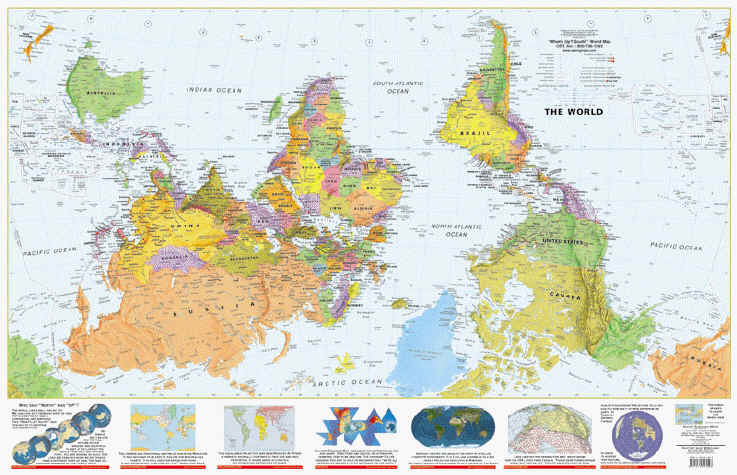I think that It would be nice for LUCAP to begin a partnership with Cafe Reconcile, and if we do we could use these tips from the NY times.
Mark Asmussen
Wednesday, November 4
Restaraunt
by
Mark Asmussen
at
4:38 PM
0
comments
![]()
Tuesday, March 24
The EPA and Harmful Gasses
Take a look at this article about the EPA's new direction in regards to heat-trapping gasses.
"The move is likely to have a profound effect across the economic spectrum, affecting transportation, power plants, oil refineries, cement plants and other manufacturers.
It sets the agency on a collision course with carmakers, coal plants and other businesses that rely on fossil fuels, which fear that the finding will impose complex and costly rules.
But it may also help the Obama administration’s efforts to push through a federal law to curb carbon dioxide emissions by drawing industry support for legislation, which many companies see as less restrictive and more flexible than being monitored by a regulatory agency. And it will lay a basis for the United States in the negotiations leading up to a global climate treaty to be signed in Copenhagen in December.
Once made final, the agency’s finding will pave the way for federal regulation of carbon dioxide, methane and other heat-trapping gases linked to global warming. "
The full article is below:
http://www.nytimes.com/2009/03/24/science/earth/24epa.html?partner=rss&emc=rss
Yours in not trapping gasses (haha),
-j.
by
Jennifer Rudolph
at
10:34 AM
0
comments
![]()
Tags: Barack Obama, carbon dioxide emissions, environment, EPA, global warming, regulations
Wednesday, October 22
Help the St Bernard Project Win $100,000
http://www.cnn.com/SPECIALS/2008/cnn.heroes/archive/liz.mccartney.html
Hey All,
So if you haven't, or have, heard, Liz McCartney from the St Bernard Project--yes, that's right! The very group SHROCKIN' works with, here, in New Orleans, at Loyola, is nominated to be a CNN Hero and is one of the Top 10 finalists! Show your support by clicking the link above and voting for Liz. If she wins, the St Bernard Project will receive $100,000! Wowzers! The announcement of the winnder will over Thanksgiving in LA--whoop!
SO GO NOW AND VOTE!
-j.
by
Jennifer Rudolph
at
7:43 AM
0
comments
![]()
Tags: CNN Heros, Liz McCartney, Shrockin', St. Bernard, vote
Tuesday, October 14
Care-giving for the Elderly
Interesting article that speaks a lot about care-giving with the elderly. It relates directly to SMILE (Students Moving into the Lives of the Elderly) which works to bridge the gap between generations and develop fellowship between students and seniors in New Orleans (contact Joelle Brown at jebrown@loyno.edu for more info).
The fact that the question is asked, who is taking care of our elderly?, is indicative as to where they stand in the priority of the American family. How can we better treat and care for our seniors? How do we better educate and prepare family care-givers to be adequate care-takers? Thoughts?
-j.
by
Jennifer Rudolph
at
11:59 AM
0
comments
![]()
Monday, September 8
we think critically about... maps
Over the summer I was in a Ten Thousand Villages store in Alexandria, VA browsing around and found a bin filled with unusual maps. Map projections have always amazed me - considering that there is no way to put the three dimensional contents of a globe onto the two dimensional contents of a map, something has to be distorted. Where do we distort? Why is the Atlantic in the middle of the map? All questions I still have unanswered.
In my dream, a cloud of anxieties closed around me. The United States was now at the bottom. Would we have to stand upside-down, causing the blood to rush to our heads? Would we need suction-cup shoes to stay on the planet, and would autumn leaves fall up? No, I remembered, an apple once bopped Newton on the head - no need to worry about these things.
Other things troubled me more. Now that we're at the bottom, would our resources and labor be exploited by the new top? Would African, Asian, and Latin American nations structure world trade to their advantage?
Would my neighbors and I have two-dollars-a-day seasonal jobs on peach and strawberry plantations? Would the women and children work from dusk to dawn to scratch survival from the earth of California and Virginia? Would the fruit we picked be shipped from New Orleans and New York for children in Thailand and Ethiopia to hurriedly eat with their cereal so they wouldn't miss the school bus?
Would our children, then, spend the morning, not in school, but fetching water two miles away and the afternoon gathering wood for heating and cooking? Would a small ruling class in this country send their daughters and sons to universities in Cairo and Buenos Aires?
by
LoyolaUnite
at
1:52 PM
0
comments
![]()
Tags: fair trade, LUCAP, maps
Sunday, August 24
A late look at guns on campuses
 I know its a bit late to blog about this story, but I ran across a Loyolacentric article in the Gambit today regarding guns on campuses. Louisiana House Resolution 199 proposed that Universities should no longer forbid the concealed carrying of weapons by licensed citizens. This resolution was defeated and never became law, but it was contentious enough that Loyola University President Kevin Wildes, SJ took a public position on the matter (against).
I know its a bit late to blog about this story, but I ran across a Loyolacentric article in the Gambit today regarding guns on campuses. Louisiana House Resolution 199 proposed that Universities should no longer forbid the concealed carrying of weapons by licensed citizens. This resolution was defeated and never became law, but it was contentious enough that Loyola University President Kevin Wildes, SJ took a public position on the matter (against).
by
LoyolaUnite
at
3:32 PM
1 comments
![]()
Tags: guns, libertarians, marcus kondkar, walter block, women
Tuesday, August 19
Lower your carbon footprint with factory farming?

Any casual environmentalist would tell you that local food is more sustainable than factory farmed food shipped from across the country. And it makes sense - there's nothing eco-friendly about a soot-belching diesel semi blazing across the interstates of America.
by
LoyolaUnite
at
11:30 PM
0
comments
![]()
Tags: books, farmers market, food, libertarians, michael pollan


